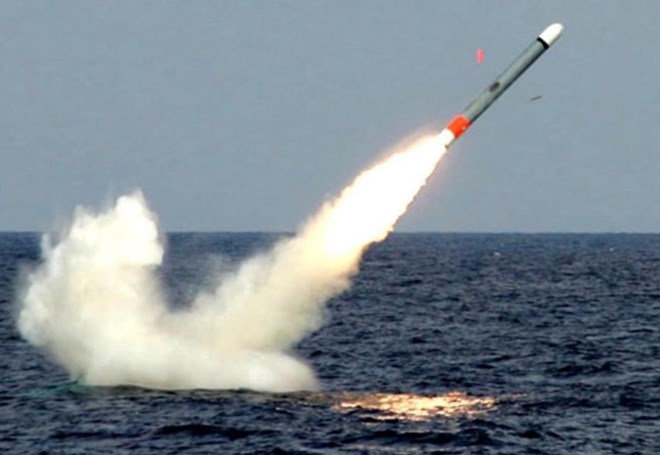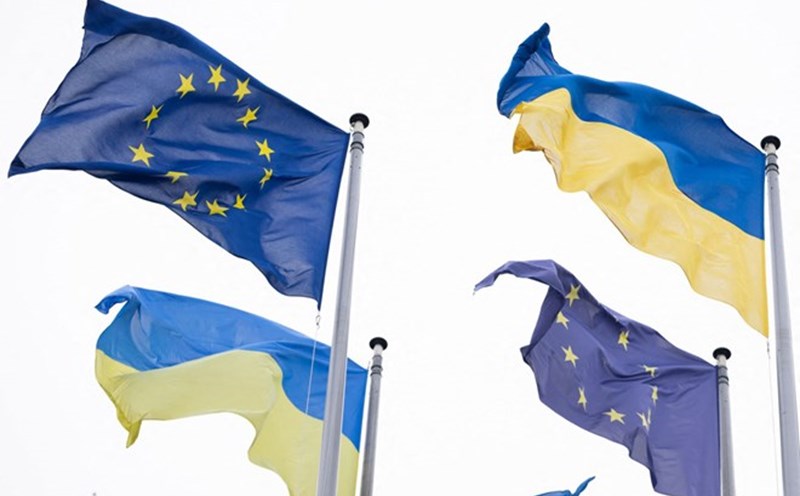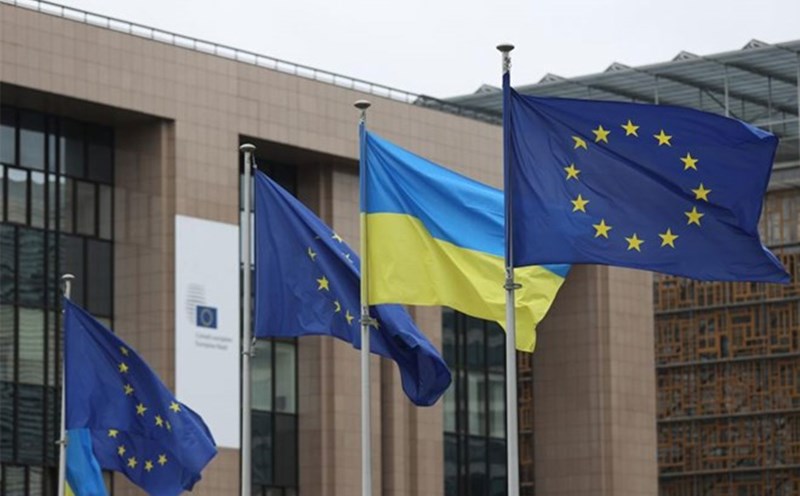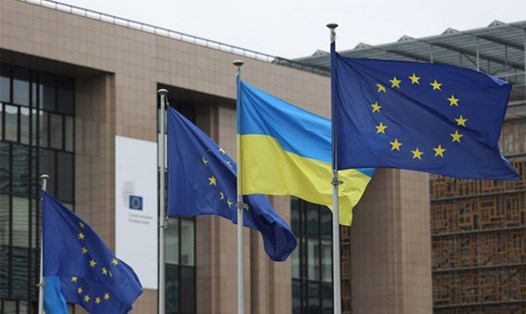On November 3, US President Donald Trump said that the possibility of supplying Tomahawk cruise missiles to Ukraine is not currently being considered. When asked on Air Force One, Mr. Trump replied decisively "No".
However, in the long term, the US leader has left this possibility open, saying that the stance may change in the near future.
The announcement came just days after Ukrainian President Volodymyr Zelensky's trip to London and Washington in late October.
Mr. Zelensky's most urgent goal during this trip is to mobilize allies to provide long-range weapons, especially the US Tomahawk and Germany's Taurus. Ukraine argues that these are "game-changer weapons" needed to strike deep into Russian command centers, ammunition depots and logistics, in order to break the deadlock of the conflict.

Ukraine argues that weapons capable of firing accurately at a range of hundreds of kilometers - needed to hit deep into Russian command centers, ammunition depots and key logistics lines in the rear - are a key factor in breaking the long-standing deadlock on the battlefield.
However, the recent meeting between Trump and Zelensky at the White House was described as quite tense. Sources said President Trump, who is seeking to act as a mediator, has pressured Ukraine to accept a ceasefire based on current front lines and begin negotiations with Russia.
Trump's public refusal to provide Tomahawk, even if only temporarily, is seen as another lever to put pressure, forcing Kiev to seriously consider the diplomatic path rather than a comprehensive military solution.
The US's hesitation raises a big question for its European allies. While the US " states no", European leaders at an urgent meeting in London on October 24 pledged to seek to increase long-range missile capabilities for Ukraine, such as Storm Shadow (UK) and SCALP (France). Germany is also under increasing pressure on whether to deploy Taurus missiles or not.
President Trump's latest statement shows that the US seems to be prioritizing a political solution rather than an absolute military victory for Ukraine. Controlling the supply of long-range attack weapons, which could escalate conflicts, is seen as a key US tool for shaping future negotiations.










